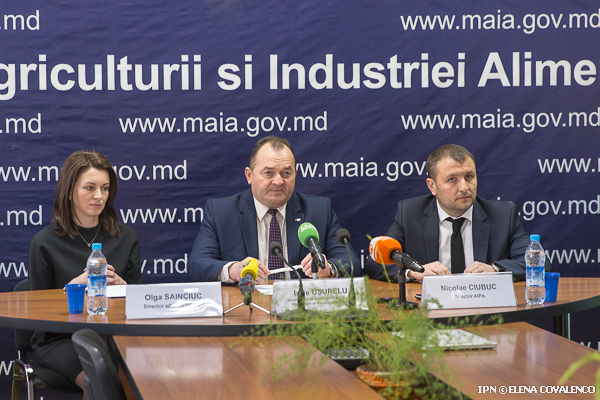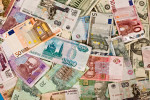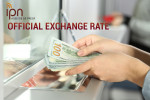
The Agriculture Competitiveness Project, in concert with the Ministry of Agriculture and Food Industry and the Agency for Intervention and Payments in Agriculture (AIPA), launched the fifth call for applications for participation in the investment grants program “Enhancing market access potential”. The grants are intended for groups of producers working in the horticultural sector. Applications can be submitted to the local offices of the AIPA by May 19, 2017, IPN reports.
The groups of producers should consist of at least five members - private individuals or legal entities with individual activity of at least three years in horticulture. These can get grants of up to US$350,000, but not more than 50% of the eligible costs. The rest is the group’s investment.
A number of additional eligibility conditions have been introduced this year. According to the vice director of the Consolidated Agricultural Projects Management Unit Olga Sainciuc, each group member should have at least 5 ha of cultivated areas, either owned or rented for at least 15 years. Also, a member cannot possess more than 50% of the total area owned by the group of producers. Before receiving the money, the group must prove that it sold and purchased goods, performed works and provided services in the horticulture sector to the value of at least 500,000 lei.
Deputy Minister of Agriculture and Food Industry Iurie Usurelu said that by this project the authorities aim to help the Moldovan producers to cope with competition on markets, including the European and southern ones. The call is open to newly formed groups of producers and to those that got financing within the previous calls and want to supplement the financing up to US$350,000 per group to extend the business.
A number of 30 groups of producers have been financed within the investment grants program until now. The total value of the grants provided during the four previous rounds of the project is US$ 7.5 million, while the co-financing of the groups of producers came to US$8.6 million.
The project is financed by the World Bank, the Government of Sweden and the Global Environment Facility in partnership with the Ministry of Agriculture and Food Industry.


